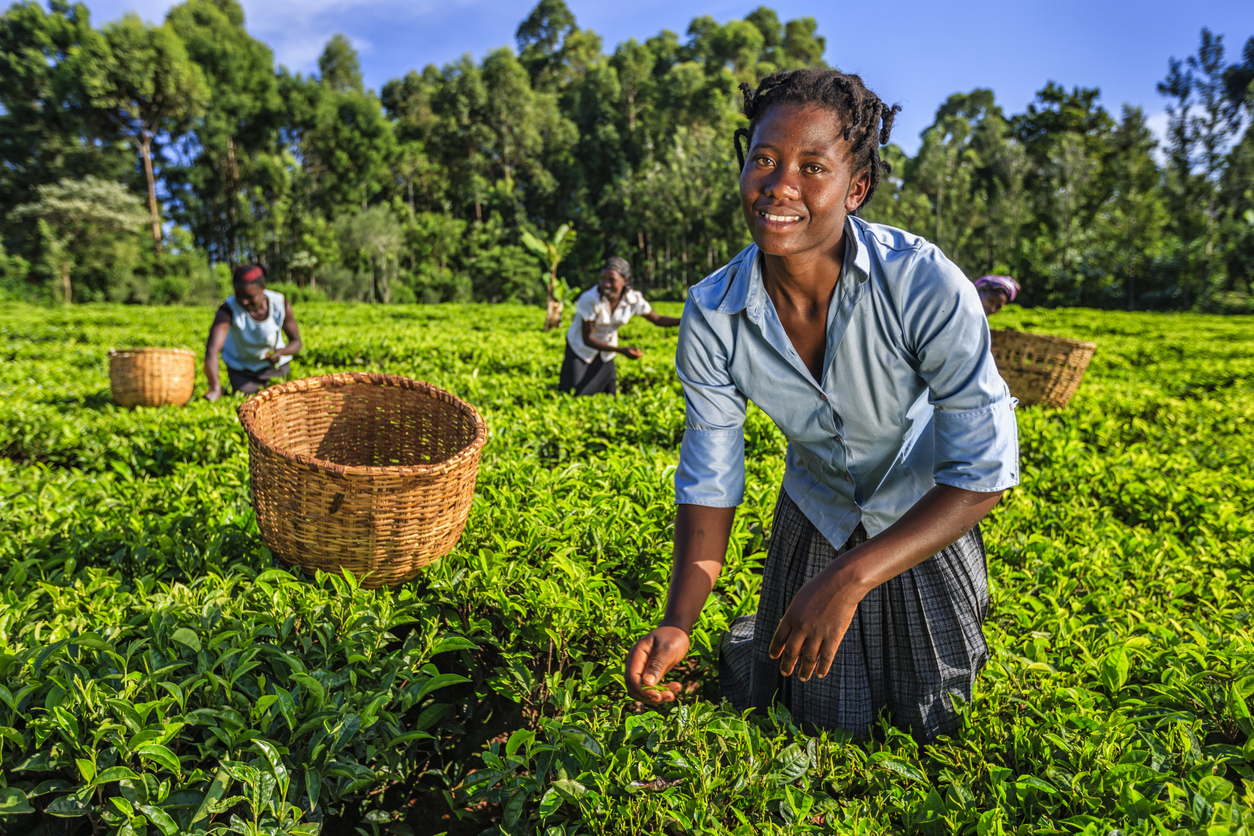A Step-by-Step Guide for Buying and Exporting Tea from Rwanda
A Step-by-Step Guide for Buying and Exporting Tea from Rwanda
Tea is a beloved beverage around the world, and Rwanda is one of the world’s leading suppliers of tea. In this step-by-step guide, we’ll walk you through the process of buying and exporting tea from Rwanda. Whether you’re an individual looking to buy tea for personal enjoyment or a business interested in buying and exporting tea, this guide is designed to help you understand the process and make an informed decision. We’ll explore the different types of tea available in Rwanda, the laws and regulations surrounding tea export, and the different methods of purchasing tea. By the end of this guide, you’ll have a comprehensive understanding of how to buy and export tea from Rwanda. So, let’s get started and learn how to turn your tea dreams into reality.
Types of Tea Available in Rwanda
Depending on the tea plantation, the cultivar of tea, and the time of year, tea growers in Rwanda can produce a plethora of different types of tea. The most popular tea types in Rwanda include: Black Teas, Green Teas, and Flowering Teas. Black Tea – Black tea is the most common type of tea exported from Rwanda. This tea is made from the leaves of the Camellia sinensis plant and is processed with little to no oxidation. Black tea is known for its bold, rich flavour and strong aroma. Green Tea – Green tea, like black tea, is made from the leaves of the Camellia sinensis plant. The difference is that green tea is not oxidized during processing. This means that green tea retains higher amounts of antioxidants and has a lighter flavour than black tea. Flowering Tea – Flowering tea is a unique type of tea grown in Rwanda. This tea is made from the blossoms of black tea plants during the short flowering period in the spring. The blossoms are hand-picked, dried, and fermented to produce a delicate, floral tea. This flowering tea has a sweet, floral flavour and light colour.
Laws and Regulations Surrounding Tea Export
As part of the process to buy and export tea from Rwanda, you’ll need to be familiar with the laws and regulations surrounding tea export. Each country has its own unique laws and regulations that pertain to its agricultural products. As such, you need to know what the laws are surrounding tea export in Rwanda. Depending on the type of tea you want to export, the laws and regulations may differ slightly. For example, black tea may be eligible for organic certification. In this case, you’ll need to make sure that you get organic certification before exporting. Other regulations to be aware of include food safety and health regulations, import/export restrictions, and pesticide regulations. To ensure that you adhere to all of the laws and regulations surrounding tea export, it’s best to work with a reliable tea supplier in Rwanda. They can help you navigate all of the regulations and provide you with a high-quality product that meets all of the necessary standards.
Methods of Purchasing Tea
If you’re purchasing tea to drink and enjoy, there are a few different methods that you can use to find and purchase your tea. The first thing you’ll want to do is decide what type of tea you want to buy. Once you’ve decided on the type of tea you want to buy, the next step is to find a retailer that sells the tea you want. While this can seem like a daunting task, it’s actually relatively easy to find a retailer that sells the tea you’re looking for. You can use an online search engine to find retailers that sell the type of tea you’re looking for. Another option is to visit a tea shop in your area. If you can’t find the tea you’re looking for locally, you can always find it online. There are many online tea retailers that sell a wide variety of tea, so you’re bound to find one that sells the type of tea you’re looking for.
Finding a Reliable Supplier
When buying tea, it’s important to find a reliable supplier that produces high-quality tea. A reliable supplier will be able to provide you with a wide variety of different types of tea, produce consistent quality, and adhere to all of the necessary regulations. To help you find a reliable supplier, you can do a few things. First, you can ask your friends and family if they know of a reliable tea supplier. Another option is to visit tea forums and talk to other tea enthusiasts about their experiences with different suppliers. You can also use an online tea forum to find a reliable supplier. Once you’ve found a few potential suppliers, you can use a variety of tools and metrics to help you decide which supplier to go with. Some of these tools include product reviews, company reviews, and third-party certifications.
Understanding the Cost of Tea
When you’re buying tea, it’s important to understand the cost of the tea. There are many different factors that influence the cost of tea. These include the type of tea, where the tea is produced, the grade of the tea, and the quantity of tea you’re buying. When buying tea, you’ll need to decide how much you’re willing to spend. To help you determine the price you should pay for tea, you can use an online tea calculator. A tea calculator will ask you a few questions about the type of tea you want to buy and then provide you with an estimate of the price of the tea.
Shipping Procedures for Exporting Tea
Once you’ve found a reliable supplier, purchased your tea, and put your order in, it’s time to export your tea. When exporting tea from Rwanda, you’ll need to follow a few key steps. The first thing you’ll want to do is find a tea exporter in Rwanda that can help you export your tea. To find a tea exporter, you can visit an online directory that lists all of the registered tea exporters in Rwanda. Once you’ve found a tea exporter, you’ll need to determine what type of shipping method you want to use. There are a few different types of shipping methods that you can use to export tea from Rwanda. These include container shipping, bulk shipping, and general order shipping. Depending on the volume and type of tea you’re exporting, you may need to use more than one shipping method.
Tips for a Successful Tea Export
Now that you know how to buy and export tea from Rwanda, here are a few tips to help you succeed in the tea export industry. First, it’s important to know your end buyer. This will help you determine the type of tea you should be buying. Next, you want to make sure that your tea meets all of the necessary standards for export. This will help improve the quality of your product. Finally, it’s important to select a reliable shipping partner. You don’t want to risk the quality of your product, so make sure you choose a shipping method that’s proven to be safe and reliable. With these tips in mind, you’re well on your way to a successful tea export. Tea is a beloved beverage around the world, and Rwanda is one of the world’s leading suppliers of tea. When you know how to buy and export tea from Rwanda, you can enjoy a delicious cup of tea every day.








LEAVE A COMMENT
You must be logged in to post a comment.